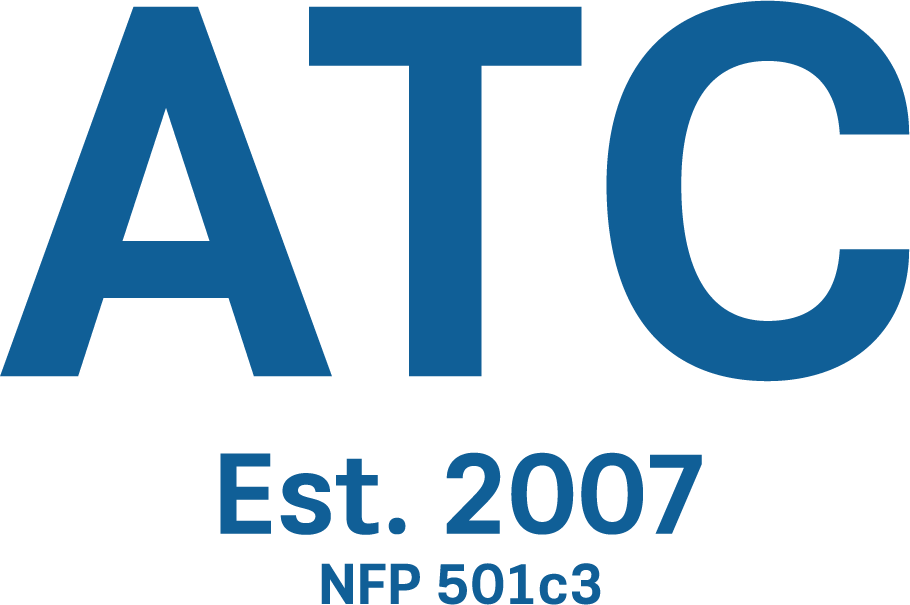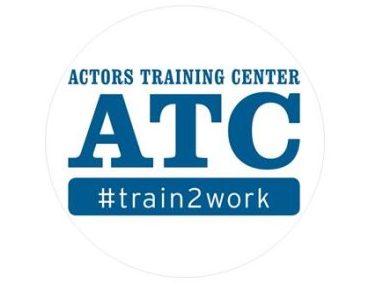- Get detailed about your training – when, where, what, and with who? Every teacher you’ve trained with is a connection, and the arts world is smaller than you think. Tell casting directors who trained you by listing specific classes, teachers, programs, and certifications, they just might recognize the name!
- Branch out on genres – A diverse actor produces a diverse resume. When you’re in the audition room for a singing role, music courses are expected on an actor’s resume. What really makes an impression on that casting director is the acting courses, training, and education that shows a much wider range of skills than were called for. This is true for any audition situation; studies in Shakespearean tragedies can help land a highly comedic role, or building your experience in film can help land a role on TV, all by proving that you are a multi-faceted performer. Bottom line: comprehensive training goes further than talent alone in the audition room.
- Include ALL of your special skills – Did you have a baking phase that taught you how to write with frosting? Do you read so much that you have an extensive vocabulary? Can you tolerate extremely spicy food, or even love it? Certificates and degrees aren’t the only thing that belong on an actor’s resume. Browse your list of special skills and identify what you’re missing. Get creative, think: musical classes, sewing and embroidery, experience around or training animals, voiceover skills, dance training, culinary expertise, calligraphy and penmanship – there’s no limit to your resume if you reach big!
- Let them know you’re willing to learn – An extensive list of teachers, training, genres, and accomplished skills can signal to a casting team that you’re coachable, which is an important attribute to have on set. By listing skills that are established through frequent practice and comprehensive training, you set yourself apart from the crowd with your resume alone.





